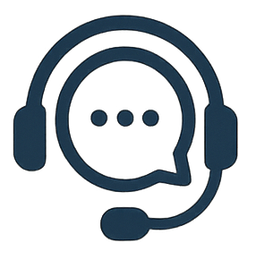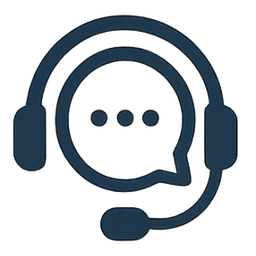In the fiercely competitive hospitality industry, improving customer satisfaction is key to maintaining a loyal client base and enhancing your brand's reputation. Training your team effectively is crucial to achieving high levels of customer satisfaction. With well-trained staff, you can ensure that every guest's experience resonates with your brand's promise, leading to positive reviews and repeat business. This article explores actionable strategies for training your team to boost customer satisfaction in the hospitality sector.
Understanding Customer Expectations
Before you can enhance customer satisfaction, it's essential to understand what your customers expect. In the hospitality industry, expectations often revolve around comfort, efficiency, and a personalized experience. Conducting surveys and gathering feedback from guests can provide insights into their needs and preferences.
For example, a hotel might discover through feedback that guests expect faster check-in processes and more personalized room amenities. Armed with this information, management can tailor training sessions to focus on improving these specific areas, ensuring staff are equipped to meet and exceed customer expectations.

Implementing Comprehensive Training Programs
Comprehensive training programs are the backbone of effective customer service. Training should cover a range of topics, including communication skills, problem-solving, and empathy. In the hospitality industry, role-playing scenarios are particularly effective, allowing staff to practice responses to typical guest situations.
For instance, a restaurant might use role-playing to train staff on how to handle allergy requests or special dietary needs. By simulating real-life interactions, employees can develop confidence and competence in delivering exceptional service, directly impacting customer satisfaction.
Emphasizing the Importance of Empathy
Empathy is a cornerstone of customer service that significantly influences customer satisfaction. In the hospitality industry, where guests often reach out to staff for both ordinary and extraordinary requests, understanding and addressing their emotions can make all the difference.
Training programs should incorporate empathy exercises, encouraging team members to step into the shoes of their guests. For example, hotel staff can be trained to not only address the logistical aspect of a guest’s request but also acknowledge their concerns and emotions. By doing so, they can offer more personalized and satisfying solutions, leaving guests feeling valued and understood.

Leveraging Technology for Training Enhancement
Technology offers powerful tools to enhance training and improve customer satisfaction. In the hospitality sector, e-learning platforms, virtual reality simulations, and mobile apps can deliver interactive and engaging training experiences.
For example, a resort might integrate virtual reality into their training to simulate complex customer interaction scenarios. This approach not only enhances understanding but also provides a safe environment for employees to experiment and learn from their mistakes. Leveraging technology in training can accelerate learning and better prepare staff to handle a variety of customer service situations.
Continuous Feedback and Improvement
Training should not be a one-time event but a continuous process. Establishing a culture of feedback can help identify areas for improvement and maintain high standards of customer satisfaction. Regular performance reviews, guest feedback, and team meetings are essential for keeping the communication channels open.
For instance, after implementing a new training module, a hotel can conduct follow-up assessments to evaluate its effectiveness and gather feedback from both employees and guests. This ongoing process ensures that training remains relevant and aligned with evolving customer expectations.
Conclusion
Enhancing customer satisfaction in the hospitality industry requires a strategic approach to team training. By understanding customer expectations, implementing comprehensive training programs, emphasizing empathy, leveraging technology, and fostering a culture of continuous feedback and improvement, hospitality businesses can empower their teams to deliver exceptional customer experiences. Investing in these areas not only boosts customer satisfaction but also strengthens the overall brand reputation, driving long-term success in the fiercely competitive hospitality market.









